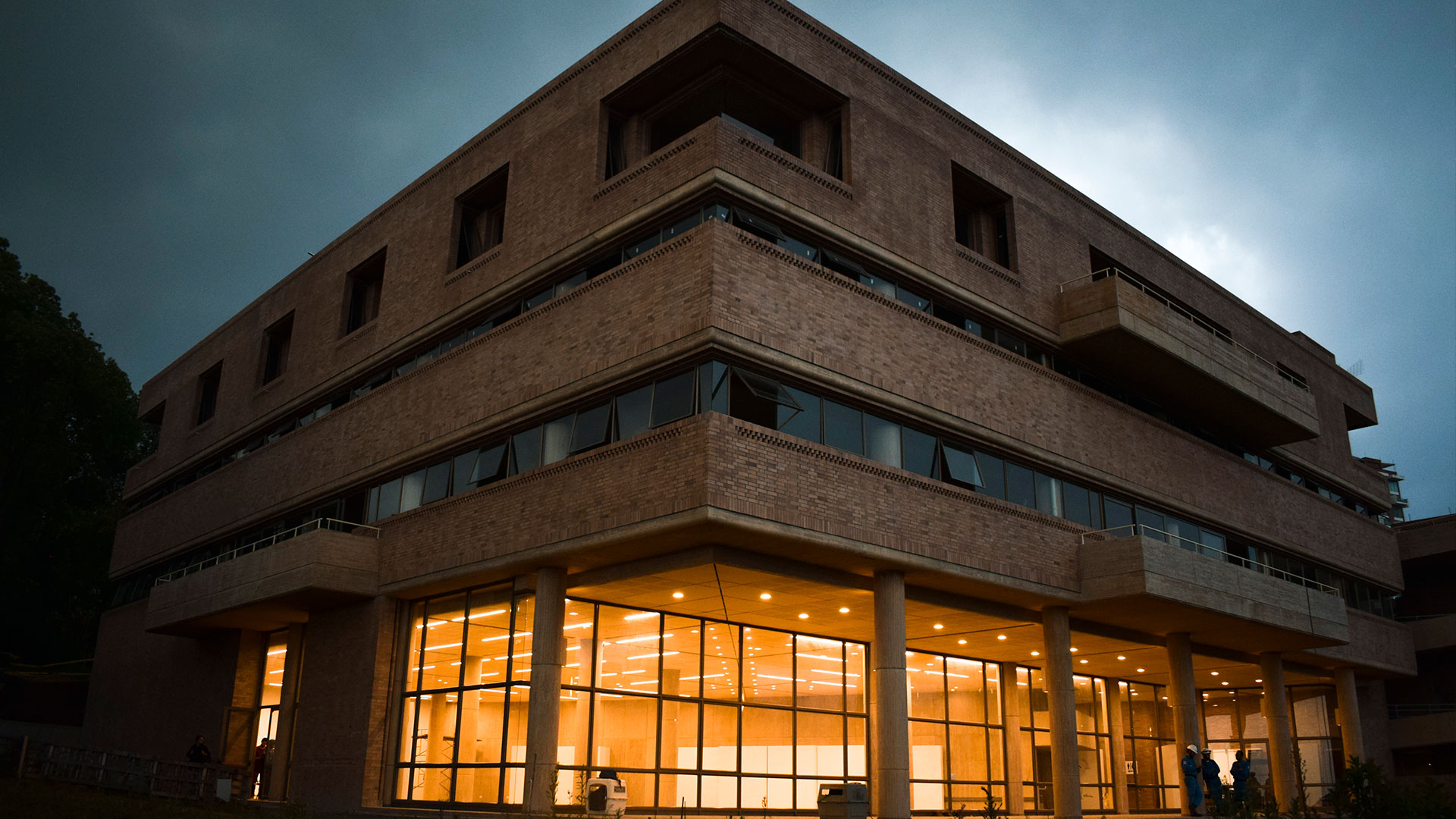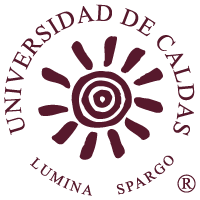| dc.contributor.author | Agassi, Joseph | spa |
| dc.date.accessioned | 2011-12-23 00:00:00 | |
| dc.date.available | 2011-12-23 00:00:00 | |
| dc.date.issued | 2011-12-23 | |
| dc.identifier.issn | 0124-6127 | |
| dc.identifier.uri | https://revistasojs.ucaldas.edu.co/index.php/discusionesfilosoficas/article/view/616 | |
| dc.description.abstract | La idea de la verosimilitud está implícita en los escritos de Albert Einstein, desde 1905. La noticia ha llegado a  la comunidad filosófica a través de los escritos de Sir Karl Popper, medio siglo después de la concepción  pionera de Einstein. Como la teoría de la verosimilitud es de por sí pro-metafísica, hay dos posibles lecturas  de la visión popperiana de la verosimilitud. Creo que las críticas que ha recibido se deben a su vaguedad  sobre esta cuestión, y a las limitaciones obvias de admitir, a medias, la metafísica en la ciencia. A pesar que la verosimilitud esta recién llegada a la física moderna, ya cuenta con una rica literatura, incluyendo el libro  Truthlikeness de Ilkka Niiniluoto, el más enérgico defensor del tema. El presente artículo no es una reseña de dicho libro, debido a que la mera discusión de su enorme y pesado aparato lógico-matemático requiere más  espacio del que está disponible aquí. Sin embargo, diré que su libro ha demostrado ser un hito filosófico - para bien o para mal- y trataré de presentar los aspectos filosóficos más generales de la situación. Debo  aclarar que no intentaré suprimir mi sesgo, sino contrastarlo con el suyo. En pocas palabras, creo que su  posición está a medio camino en favor de la metafísica, mientras que la mía es totalmente pro-metafísica. Sin importar los avances que la teoría de la verosimilitud ha logrado desde entonces, el desacuerdo aquí descrito no es efímero, y mi punto de vista me ha llevado a una perspectiva de la verosimilitud, que se opone a casi  todo lo que se ha escrito después del mencionado libro de Niiniluoto de 1987. | spa |
| dc.description.abstract | The idea of verisimilitude is implicit in the writings of Albert Einstein ever since 1905. The news has reached  the philosophical community via the writings of Sir Karl Popper half-acentury after Einstein’s trailblazing  conception. As the theory of verisimilitude is inherently pro-metaphysics, there are two possible readings of  Popper’s view of verisimilitude. I think the criticisms that it has met are due to his vagueness on this matter  and to the obvious shortcomings of the halfway admission of metaphysics into science. Though  verisimilitude is a relative newcomer to the modern physics, it already has a rich literature, including the  book Truthlikeness of Ilkka Niiniluoto, the most energetic advocate of the topic. The present article is not a  review of it, as the mere discussion of its enormous, heavy logical mathematical apparatus requires more  space than is available to me. I will, however, say that his book has proven to be a philosophical landmark - for better and for worse- and I will try to present the general, most philosophical aspects of the situation. I  should say here that I am not going to suppress my bias but rather contrast it with his. Briefly, I think that his  position is halfway pro-metaphysical whereas mine is fully pro-metaphysical. Whatever advances the theory  of verisimilitude has made since, the disagreement here outlined is not ephemeral, and my view has led me  to a specific view of verisimilitude that is at odds with almost all that has been written after Niiniluoto’s  mentioned book of 1987. | eng |
| dc.format.mimetype | application/pdf | eng |
| dc.language.iso | eng | eng |
| dc.publisher | Universidad de Caldas | spa |
| dc.rights | Derechos de autor 2011 Discusiones Filosóficas | eng |
| dc.rights.uri | https://creativecommons.org/licenses/by/4.0/ | eng |
| dc.source | https://revistasojs.ucaldas.edu.co/index.php/discusionesfilosoficas/article/view/616 | eng |
| dc.subject | Critical realism | eng |
| dc.subject | metaphysics | eng |
| dc.subject | Niiniluoto | eng |
| dc.subject | pro-metaphysical | eng |
| dc.subject | Popper | eng |
| dc.subject | verisimilitude | eng |
| dc.subject | Realismo crítico | spa |
| dc.subject | metafísica | spa |
| dc.subject | Niiniluoto | spa |
| dc.subject | pro-metafísica | spa |
| dc.subject | Popper | spa |
| dc.subject | verosimilitud | spa |
| dc.title | Verosimilitud | spa |
| dc.type | Artículo de revista | spa |
| dc.type | Sección Artículos | spa |
| dc.type | Journal Article | eng |
| dc.identifier.eissn | 2462-9596 | |
| dc.relation.citationendpage | 86 | |
| dc.relation.citationissue | 19 | spa |
| dc.relation.citationstartpage | 61 | |
| dc.relation.citationvolume | 12 | spa |
| dc.relation.ispartofjournal | Discusiones Filosóficas | spa |
| dc.relation.references | Agassi, Joseph. Faraday as a natural philosopher. Chicago: University of Chicago Press, 1972. Print. | eng |
| dc.relation.references | Boscovich, Joseph Roger. Theoria. Philosophiae Naturalis. Chicago & London: Open Court Publishing Company, 1922. Print. | eng |
| dc.relation.references | Duhem, Pierre. The Aim and structure of physical theory. New Jersey: Princeton University Press, 1996. Print. | eng |
| dc.relation.references | Eddington, Arthur Stanley. The nature of the physical world. New York: The MacMillan Company, Cambridge: Cambridge University Press, 1929. Print. | eng |
| dc.relation.references | Einstein, Albert. The meaning of relativity. London: ElecBook, 1955. Print. | eng |
| dc.relation.references | Euler, Leonhard. Lettres à une Princesse d’Allemagne (Letters to a German Princess). Basel: Birkhäuser publisher, 1960. Print. | eng |
| dc.relation.references | Lenin, Vladimir Ilich. Materialism and empiriocriticism. Moscow: Zveno publishers, 1909. Print. | eng |
| dc.relation.references | Mersenne, Marin. Nouvelles découvertes de Galilée. The Hague: Nijhoff, 1957. Print. | eng |
| dc.relation.references | Niiniluoto, Ilkka Maunu. Truthlikeness. Ámsterdam: Synthese Library, Springer, 1987. Print. | eng |
| dc.relation.references | Popper, Karl R. Logik der forschung. Viena: Impressum, 1935. Print. | eng |
| dc.relation.references | ---. The open society and its enemies. London: Routledge, 1945. Print. | eng |
| dc.relation.references | ---. Conjectures and refutations. London: Routledge, 1963. Print. | eng |
| dc.relation.references | ---. “Replies to my critics”. Imre Lakatos & Alan Musgrave (Eds.). Criticism and the growth of knowledge. Cambridge: Cambridge University Press, 1970. Print. | eng |
| dc.relation.references | ---. Die beiden grundprobleme der Erkenntnislehre. Tubingen: Mohr-Siebeck, 1979. Print. | eng |
| dc.relation.references | Schrödinger, Erwin. “Are there quantum jumps?”. The British Journal for the Philosophy of Science 111. 1952: 109-123, Oxford University Press. Print. | eng |
| dc.relation.references | ---. Nature and the Greeks: and, science and humanism. Cambridge: Cambridge University Press, 1996. Print. | eng |
| dc.rights.accessrights | info:eu-repo/semantics/openAccess | eng |
| dc.title.translated | Verisimilitude | eng |
| dc.type.coar | http://purl.org/coar/resource_type/c_6501 | eng |
| dc.type.content | Text | eng |
| dc.type.driver | info:eu-repo/semantics/article | eng |
| dc.type.version | info:eu-repo/semantics/publishedVersion | eng |
| dc.relation.citationedition | Núm. 19 , Año 2011 : Julio - Diciembre | spa |
| dc.relation.bitstream | https://revistasojs.ucaldas.edu.co/index.php/discusionesfilosoficas/article/download/616/540 | |
| dc.type.coarversion | http://purl.org/coar/version/c_970fb48d4fbd8a85 | eng |
| dc.rights.coar | http://purl.org/coar/access_right/c_abf2 | eng |





